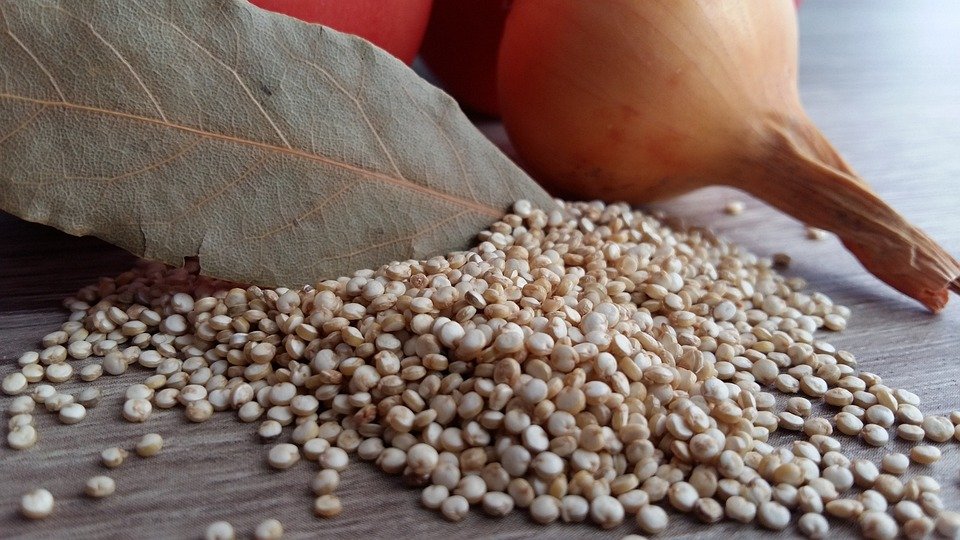The Benefits of a Balanced Diet: How It Impacts Your Health
We often hear the phrase “You are what you eat,” and it couldn’t be truer. A balanced diet is essential for maintaining good health and overall well-being. It provides the necessary nutrients, vitamins, and minerals that our bodies need to function optimally. In this article, we will explore the benefits of a balanced diet and how it impacts your health.
What is a balanced diet?
A balanced diet includes a combination of different food groups, ensuring that you get the right amounts of nutrients, proteins, carbohydrates, fats, vitamins, and minerals. It involves consuming a variety of foods in the right proportions to meet your body’s needs.
Benefits of a balanced diet:
1. Weight management: One of the significant benefits of a balanced diet is maintaining a healthy weight. Consuming a variety of foods in appropriate portions helps regulate your calorie intake, preventing weight gain. It also provides you with the energy needed for physical activity.
2. Improved digestion: A balanced diet includes fiber-rich foods such as fruits, vegetables, and whole grains. These foods aid in digestion, prevent constipation, and promote a healthy gut. A healthy gut contributes to better overall health, as it plays a crucial role in the immune system.
3. Increased energy levels: A well-balanced diet provides you with the necessary energy to fuel your daily activities. It ensures that your body receives the right amount of carbohydrates, proteins, and fats, which are the primary sources of energy. By consuming a balanced diet, you can avoid energy crashes and feel more energized throughout the day.
4. Stronger immune system: A variety of nutrients, including vitamins A, C, and E, zinc, and selenium, play a vital role in boosting the immune system. These nutrients are found in fruits, vegetables, whole grains, and lean proteins. A balanced diet ensures that your body gets the necessary vitamins and minerals to fight off infections and diseases.
5. Reduced risk of chronic diseases: A balanced diet can help prevent chronic diseases such as obesity, type 2 diabetes, cardiovascular diseases, and certain types of cancer. Consuming a diet rich in fruits, vegetables, whole grains, and lean proteins can lower the risk of developing these conditions.
FAQs:
1. How can I ensure a balanced diet?
To ensure a balanced diet, try to include a variety of foods from each food group in your daily meals. Aim for a colorful plate filled with fruits, vegetables, whole grains, lean proteins, and healthy fats. Avoid excessive consumption of processed foods, sugary drinks, and foods high in saturated fats.
2. Can a balanced diet help with weight loss?
Yes, a balanced diet can contribute to weight loss. By consuming nutrient-dense foods and controlling portion sizes, you can create a calorie deficit, which leads to weight loss. However, it’s important to combine a balanced diet with regular physical activity for optimal results.
3. Are there any specific diets that are considered balanced?
Several diets, such as the Mediterranean diet and the DASH (Dietary Approaches to Stop Hypertension) diet, are considered balanced due to their emphasis on whole foods, fruits, vegetables, lean proteins, and healthy fats. However, it’s important to focus on individual needs and preferences when creating a balanced diet.
In conclusion, a balanced diet is crucial for maintaining good health. It provides numerous benefits such as weight management, improved digestion, increased energy levels, a stronger immune system, and a reduced risk of chronic diseases. By adopting a balanced diet, you can nourish your body with the essential nutrients it needs to function at its best. Remember, a healthy diet is a key ingredient for a healthy life.


